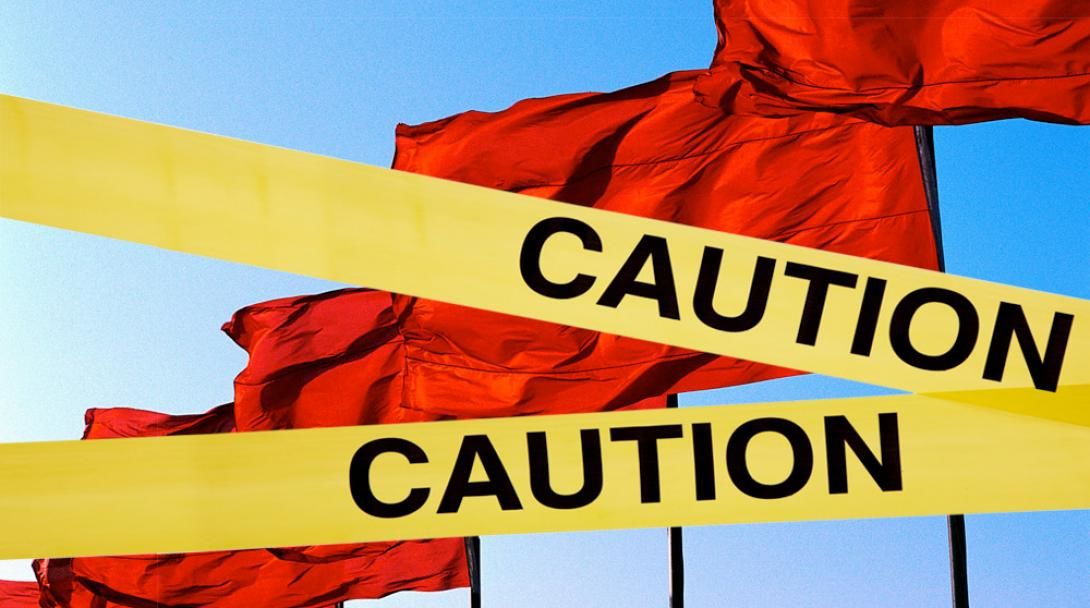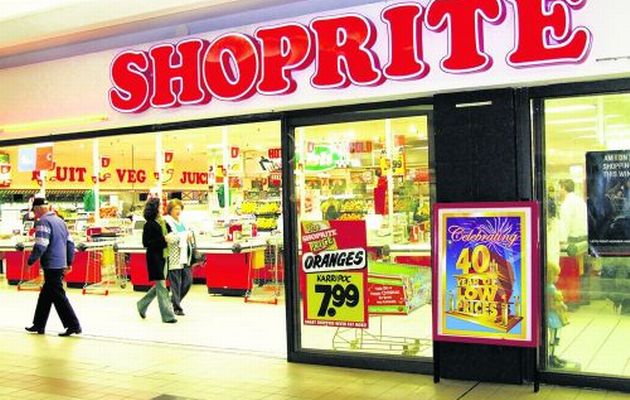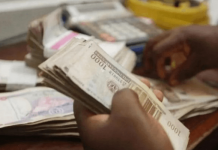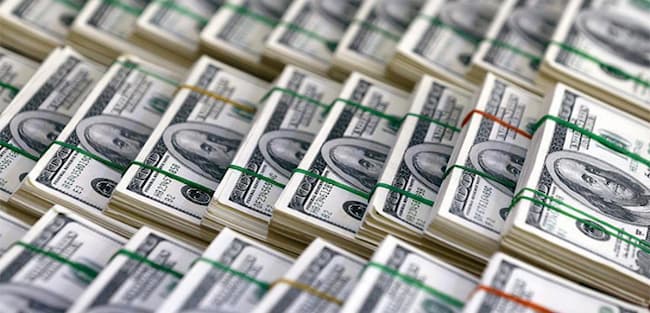- Standard Bank Group: We stand ashamed before our African brothers and sisters
- FG: No Bomb Explosion at SA High Commission
Nigeria stands to incur a huge cost if it decides to nationalise South African businesses in Nigeria in retaliation against xenophobic attacks on its citizens living in South Africa. This is because there is a clause in the trade agreement between both countries that clearly forbids such action, THISDAY has learnt.
This is just as the Governor of Lagos State, Nigeria’s commercial capital, Mr. Babajide Sanwo-Olu, warned on Saturday that his government will not tolerate any act of lawlessness, as public anger mounted against South African interests in Nigeria. There were reprisal actions in Lagos and other parts of the country over the xenophobic attacks against foreigners in South Africa.
Also, in a strongly-worded statement released in the wake of the xenophobic attacks in South Africa by its nationals, the Standard Bank Group, Africa’s largest banking group by assets, with headquarters in South Africa, condemned the act as shameful. The statement signed by Group Chief Executive of Standard Bank Group, Sim Tshabalala, said of the nearly one week of violence against Africans in South Africa, “We stand ashamed before our African brothers and sisters and before the world.”
An investigation by THISDAY revealed that Nigeria and South Africa signed a “Reciprocal Promotion and Protection of Investments” deal on April 1, 2000,
The agreement effectively forbids the nationalisation of investments by both countries. This, however, conflicts with recent calls by the ruling All Progressives Congress (APC) on the federal government to take steps to nationalise South African shares in MTN and other businesses with South African content. APC National Chairman Adams Oshiomhole had said the recent turn of events offered the country an opportunity to reflect on why the federal government should continue to allow the companies to repatriate millions of dollars to South Africa every year.
But the bilateral business agreement makes adequate and generous provisions for the protection of investments made by the citizens of both countries in the respective countries.
A copy of the agreement obtained by THISDAY read in its preamble: “The Government of the Republic of South Africa and the Government of the Federal Republic of Nigeria (hereinafter referred to as the Parties), desiring to create favourable conditions for greater investment by investors of either Party in the territory of the other Party;
“Recognising that the reciprocal promotion and protection of investments will be conducive to the stimulation of individual business initiative, contribute to development and increase the prosperity of both Parties;
“Recognising the right of the Parties to define the conditions under which foreign investment can be received and the investor’s duty to respect the host country’s sovereignty and domestic law;
“Determine to increase favourable conditions for greater investment by nationals and companies of a Party in the territory of the other Party.”
A clause in the document provides stringent conditions for limiting the effect of the investment deal.
In the exception clause, Article 6 titled “Expropriation” is quite specific and forbids the nationalisation of the other party’s assets. It says in the event that one of the parties’ national interest requires that it nationalises the other party’s investments, the agreement provides that this cannot be done with impunity.
Liability will follow. The agreement also makes adequate provisions for enforcement of the provisions through arbitration.
Going by the letter and spirit of the agreement, Nigeria may not escape liability if it nationalises assets belonging to South Africans citizens.
Article 6 reads: “Investments of investors of either party shall not be nationalised, expropriated or subjected to measures having effects equivalent to nationalisation or expropriation (hereinafter referred to as “expropriation”) in the territory of the other party except for public purposes, under due process of law, on a non-discriminatory basis and against payment of prompt, adequate and fair compensation.
“Such compensation shall be at least equal to the market value of the investment expropriated immediately before the expropriation or before the impending expropriation became public knowledge;
“Whichever is the earlier, shall include interest at a normal commercial rate until the date of payment, shall be made without delay and shall be effectively realisable.”
The agreement, in Article 6 (2), provides: “The investor affected by the expropriation shall have a right, under the domestic law of the party making the expropriation, to prompt review, by a court of law or other independent and impartial forum of that party, of his or its case and of the valuation of his or its investment in accordance with the principles referred to in paragraph 1 of this Article.”
In Article 5, titled “Compensation for Losses”, the conditions are even more instructive.
It states: “Investors of one party whose investments in the territory of the other party suffer losses owing to war or other armed conflicts, revolution, a state of national emergency, revolt, insurrection or riot in the territory of the latter party shall be accorded by the latter party treatment, as regards restitution, indemnification, compensation or other settlement, not less favourable than that which the latter party accords to its own investors or to investors of any third state.
“Without derogating from the provisions of paragraph 1 of this Article, investors of one party who, in any of the situations referred to in that paragraph suffer losses in the territory of the other party resulting from:
“(1) Requisitioning of their property by the forces or authorities of the latter party; or
“(2) Destruction of their property by the forces or authorities of the latter party, which was not caused in combat action or was not required by the necessity of the situation, shall be accorded restitution or adequate compensation.”
It would be recalled that in his reaction to the xenophobic attacks on Nigerians in South Africa, Oshiomhole had called on the federal government to nationalise South African businesses in Nigeria. He made the call at the end of an emergency National Working Committee (NWC) meeting of the ruling party in Abuja.
Oshiomhole also listed South African businesses Nigerians should boycott to include MTN, Standard Chartered Bank, Stanbic IBTC, and Multi-Choice, owners of DSTV and GoTv, among others.
He stated: “In order to send a very strong message to South African authorities and the South African people, it is worth it for the Nigerian government to take steps to take over the remaining shares of MTN that are owned by South Africans so that MTN becomes fully Nigeria-owned.
“If Nigeria decides at least for the next 30 days to stop using MTN, they would have sent a clear message.”
The APC chairman also asked the government to revoke the licenses granted to banks owned by South Africans in Nigeria
Source: THISDAY
















